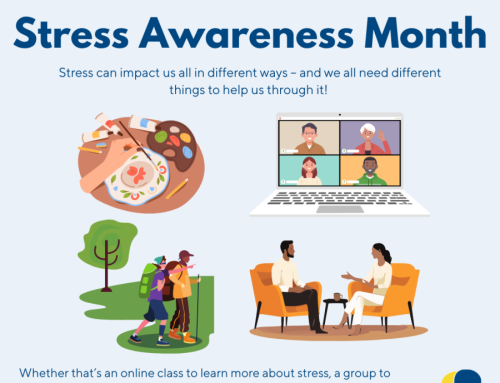Following the loss of Germanwings flight 4U 9525, the media once again gluttonously feasts on the alleged mental ill-health of the co-pilot, Andreas Lubitz, – believed to have caused the death of 150 people- so putting back the campaign against stigma and discrimination by several years.
These stories can have a big influence on the public. Research has shown that many people get their information about mental illness from the mass media (Wahl, 2004), and what they read can colour their perspective, leading them to fear, avoid and discriminate against people with mental illness.
One study found that media representations of mental illness are so powerful that they can override people’s own personal experiences in relation to how they view mental illness (Philo, 1996, cited in Rose, 1998).
This mis-representation of the facts hurts lives. In Mind’s Stigma Shout survey, 9 out 10 people with mental health problems reported the negative impact of stigma and discrimination on their lives.
Common myths about people with mental health problems – 1 in 4 of the population by the way- is that they are dangerous, unpredictable and that they don’t get better.
This is not true.
Current research shows that people with major mental illness are far more likely to be the victims of violence than other members of society. Furthermore, people with mental health problems are more dangerous to themselves than they are to others: 90 per cent of people who die through suicide in the UK are experiencing mental distress according to Mind’s own research. Mortality among people with schizophrenia is approximately fifty percent above that of the general population, partly as a result of an increased incidence of suicide (about ten percent die by suicide) and violent death, and partly as a result of an increased risk of a wide range of physical health problems.
Marjorie Wallace, chief executive of mental health charity Sane, says: “There are thousands of people with a diagnosis of depression, including pilots, who work, hold positions of high responsibility and who present no danger whatsoever.”
We also know that most people can recover from mental illness. At Touchstone, many of the people we work with go on to live full and fulfilling lives. My own experience of depression is that it ebbs and flows, but even at its darkest moments, I am able to function and work and would consider myself “well” the majority of the time.
Recovery though is personal and will look different to each of us. An anonymous quote on Rethink’s website says it all: “Recovery isn’t about getting back to how you were before, it’s about building something new.”
We do not know what part depression played in the tragedy of Flight 4U 9525 but we do know that the majority of murder-suicides happen in domestic settings, and involve a man and his spouse. Murder-suicides involving pilots or in gun massacres are, in fact, much, much rarer.
“Incredibly extreme events” like those that occurred on the 24th March “are sometimes just inexplicable” says Prof Sir Simon Wessely, Royal College of Psychiatrists. “Alcohol problems, drug misuse, broken relationships or marriages, personality disorders, work stresses – in the past or at the time of the act – can all play a part”.
What we do know though is that using mental illness as a reason for mass murder trivialises the complexity of the crime, fails to give closure to the victims’ families and excuses us from the responsibility of delving further into the psyche of the perpetrator and the problems of society.
Alison Lowe, Touchstone Chief Executive





